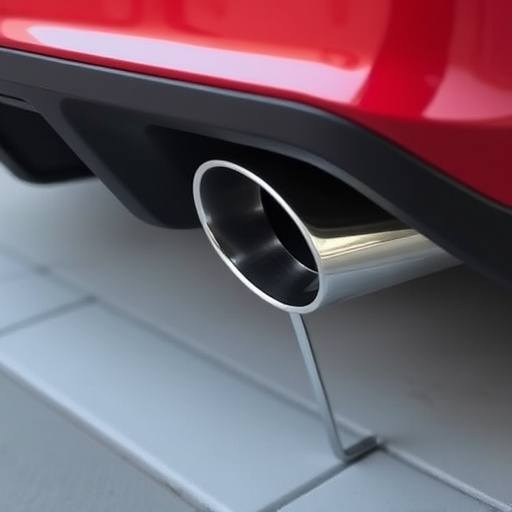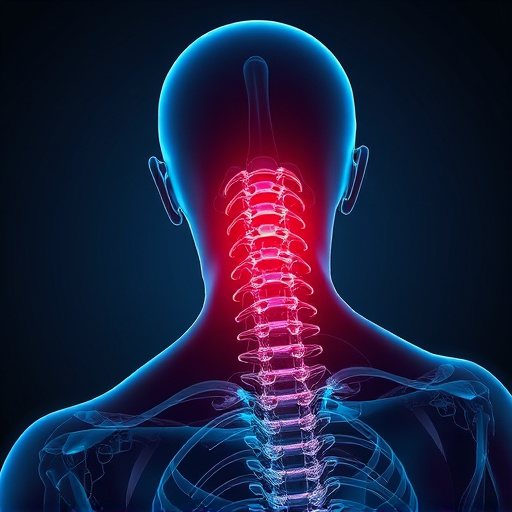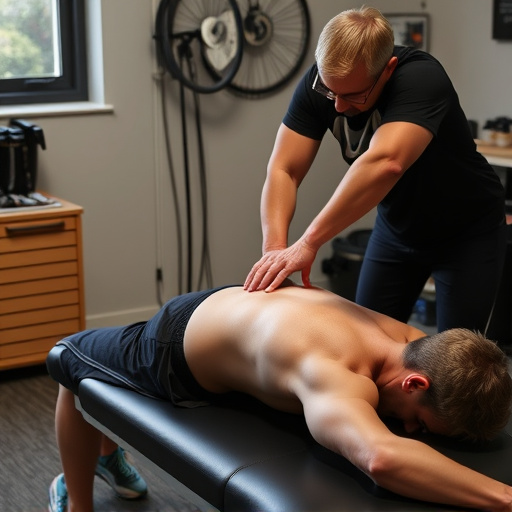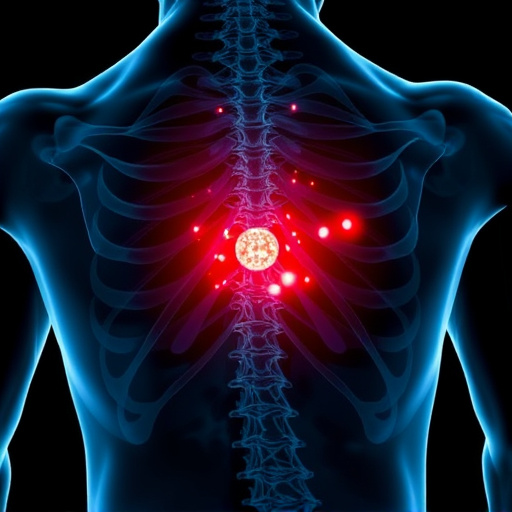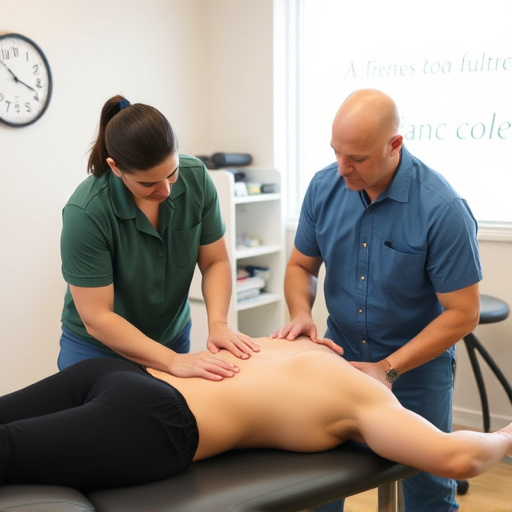Proper car accident injury care involves initial treatment and ongoing monitoring by healthcare professionals to manage pain, improve mobility, and prevent long-term issues. This includes non-invasive therapies like physical and shockwave therapy, tailored exercises for rehabilitation, and regular follow-ups to track progress and adjust treatments. Effective aftercare plans address both physical and emotional aspects, focusing on symptom management and holistic recovery, especially for persistent symptoms like sciatica.
In the aftermath of a car accident, effective car accident injury care extends beyond initial treatment. Follow-up plays a pivotal role in optimizing recovery and managing long-term effects. This article delves into the significance of consistent aftercare, exploring how regular check-ins enhance healing and prevent complications. By understanding the impact of follow-up, individuals can navigate their car accident injury care plans more effectively, ensuring comprehensive support throughout their journey towards recovery.
- Understanding the Impact of Follow-Up in Car Accident Injury Care
- Enhancing Recovery: The Role of Consistent Aftercare
- Long-Term Effects and Why Continued Support is Essential
Understanding the Impact of Follow-Up in Car Accident Injury Care

In the aftermath of a car accident, receiving adequate car accident injury care is paramount for a full recovery. However, the impact of initial treatment isn’t the sole determinant of success; consistent follow-up plays an equally crucial role in managing and mitigating injuries sustained during such events. Regular check-ins with healthcare professionals allow for continuous monitoring of patients’ conditions, enabling prompt interventions when necessary. This proactive approach is particularly essential for addressing pain management, improving mobility, and preventing long-term complications that may arise from car accident injuries.
Effective car accident injury care often involves a multifaceted approach, including non-invasive treatment methods such as physical therapy and shockwave therapy. These treatments are designed to help patients regain strength, flexibility, and range of motion, reducing pain and improving overall quality of life. Follow-up sessions facilitate the assessment of progress made in these therapies, allowing for adjustments in treatment plans to ensure optimal recovery outcomes.
Enhancing Recovery: The Role of Consistent Aftercare
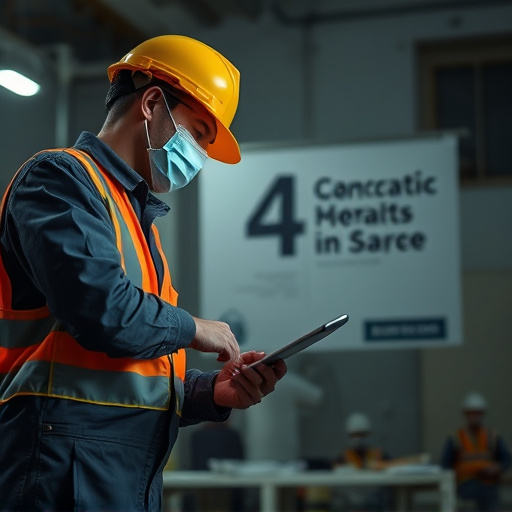
Consistent aftercare plays a pivotal role in enhancing the recovery process for individuals who have experienced car accident injuries. Beyond the initial acute care phase, ongoing support is essential to address the physical and emotional toll of such incidents. Many victims suffer from soft tissue injuries that can be challenging to diagnose and treat, making sustained rehabilitation crucial. Therapeutic exercises tailored to individual needs can significantly improve mobility, reduce pain, and speed up the healing process.
Regular follow-up sessions with healthcare professionals enable patients to track their progress, adjust treatment plans as needed, and manage any emerging symptoms. This proactive approach to car accident injury care fosters better outcomes, ensuring that individuals not only recover physically but also regain their independence and quality of life. Effective aftercare plans are a game-changer in the journey towards full recovery.
Long-Term Effects and Why Continued Support is Essential
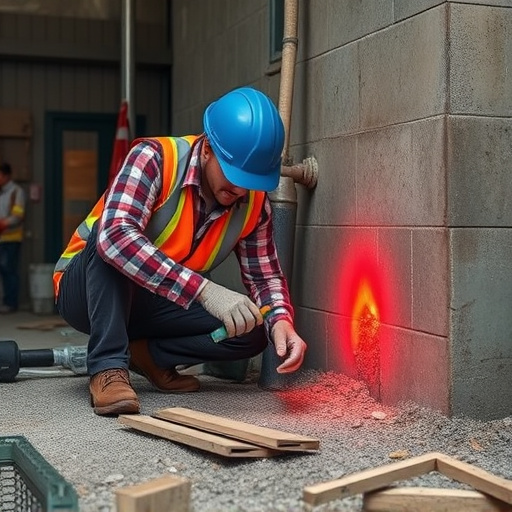
Car accident injuries can have lasting impacts on a person’s life, often leading to long-term effects that require continued support and care. Many victims experience chronic pain, which, if left unaddressed, can severely affect their daily functioning and overall quality of life. Sciatica relief is one such aspect that demands sustained focus; sciatica, a common symptom after accidents, can persist for months or even years if not properly managed.
Continued support in car accident injury care plans is essential to combat these lasting issues. Therapeutic exercises tailored to individual needs can play a pivotal role in chronic pain management. Regular sessions with physical therapists help strengthen muscles, improve flexibility, and restore mobility, thereby reducing pain and enhancing the patient’s ability to resume normal activities. This holistic approach ensures that victims receive the necessary tools and resources to navigate their recovery journey effectively.
In the aftermath of a car accident, proper car accident injury care involves more than immediate treatment. Follow-up plays a pivotal role in enhancing recovery, addressing long-term effects, and ensuring individuals receive the necessary support throughout their healing journey. By implementing consistent aftercare, we can significantly improve outcomes and help those affected by vehicular injuries regain control of their lives.


